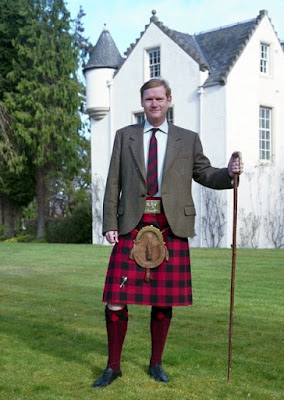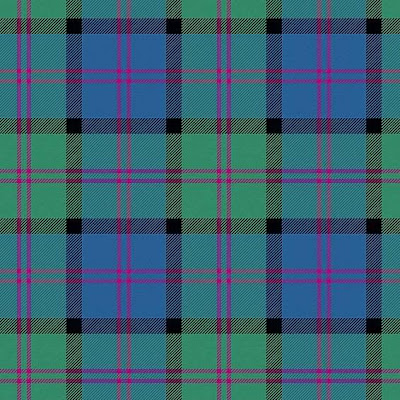Scotland's Foundation Myth
Scota, in Irish mythology, Scottish mythology, and pseudohistory, is the name given to two different mythological daughters of two different Egyptian Pharaohs to whom the Gaels traced their ancestry, allegedly explaining the name Scoti, applied by the Romans to Irish raiders, and later to the Irish invaders of Argylland Caledonia which became known as Scotland.
The Scota who was allegedly the wife of Mil is named as the daughter to a pharaoh named ‘Nectanebus’ (a name which might be meant to identify either Nectanebo I or Nectanebo II), and in this myth it was the sons of Mil and Scota that settled in Ireland.
According to the early Irish chronicle Lebor Gabála Érenn the other Scota was the daughter of an Egyptian Pharaoh named Cingris, a name found only in Irish legend. She married Niul, son of Fenius Farsaid, a Babylonian who traveled to Scythia after the collapse of the Tower of Babel. Niul was a scholar of languages, and was invited by the pharaoh to Egypt and given Scota’s hand in marriage. They had a son, Goídel Glas, the eponymous ancestor of the Gaels, who created the Gaelic language by combining the best features of the 72 languages then in existence.
Goídel (or his son Sru) was expelled from Egypt shortly after the Exodus of the Israelites by a pharaoh whom 17th century Irish chronicler Geoffrey Keating names Intuir. After much travelling his descendants settled in Hispania (or Iberia– modern Spain and Portugal), where Míl Espáine was born, and it was the sons of Míl, Eber Finn and Eremon, who established the Gaelic presence in Ireland.
According to Seumas MacManus in his book The Story of the Irish Race, Scota married Niul, but he was the grandson of Gaodhal Glas. Then another Scota, who was coincidentally also a daughter of an Egyptian Pharaoh, married Miled (or Milesius). This second Scota left Iberia with her eight sons and their families, after Miled died, and headed for Ireland. Many of the sons died en route, due to a storm, and Queen Scota died during the battle between the Milesians and the Tuatha Dé Danann.



Comments
Post a Comment